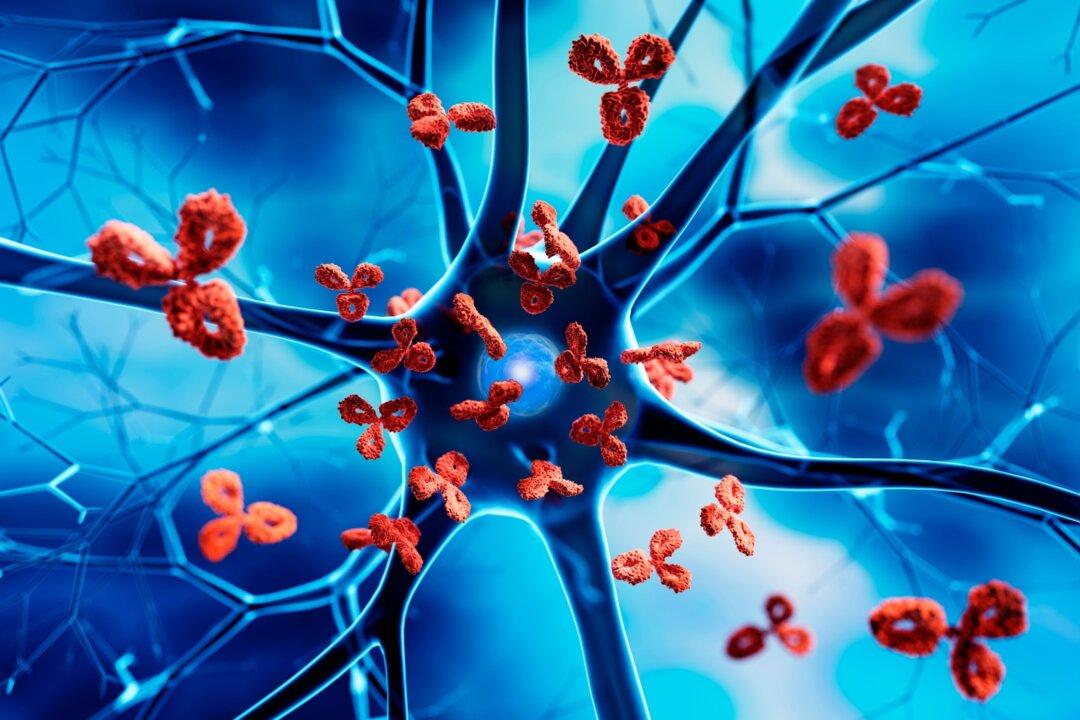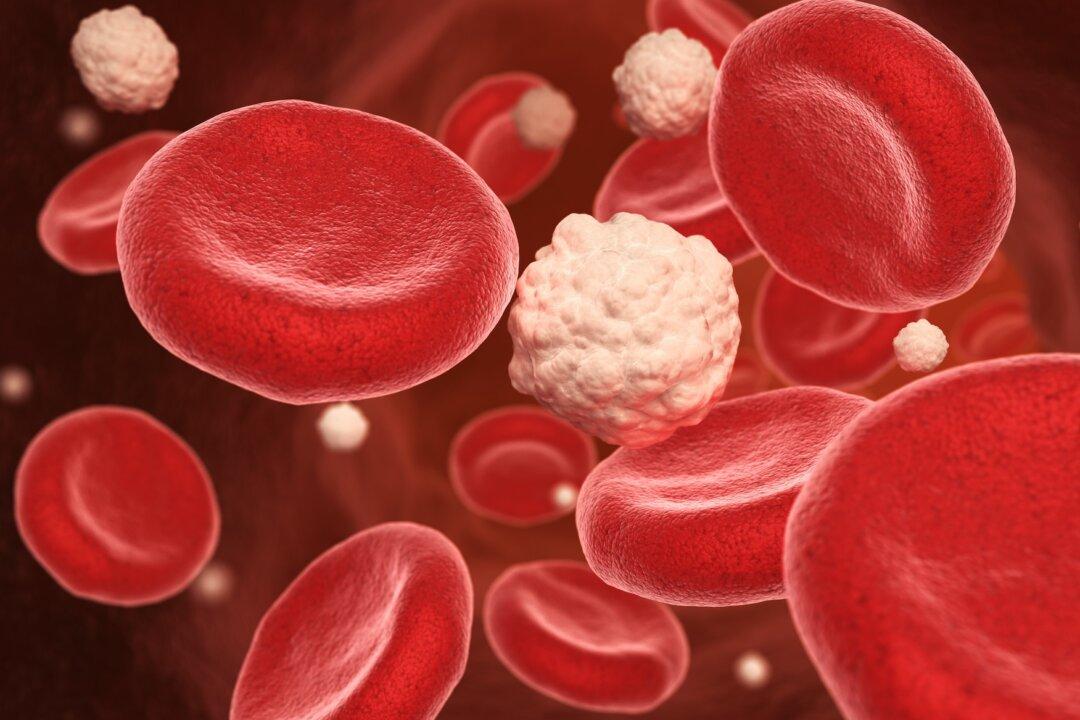Research shows most cases of gluten sensitivity manifest in the brain—not the gut. In fact, gluten’s impact on the brain is so well established that some researchers refer to gluten sensitivity as a neurological disease.
Gluten is one of the most immune-reactive foods—no other food is more of a trigger for neurological dysfunction and neurological autoimmunity than gluten, notes a research review published in the World Journal of Gastroenterology.





